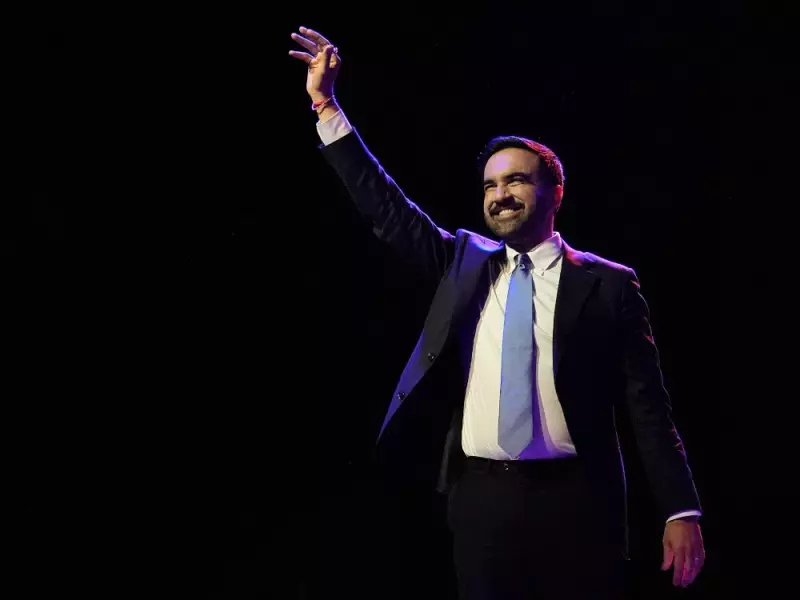
In the turbulent waters of New York politics, a new wave of progressive leadership is making waves that extend far beyond state borders. At the forefront stands Zohran Mamdani, a 31-year-old Democratic Socialist whose rapid ascent has become a lightning rod for both enthusiastic support and vehement opposition.
The Making of a Political Firebrand
Mamdani's political journey reflects the evolving landscape of American progressivism. The son of acclaimed anthropologist Mahmood Mamdani, he brings an academic background to his grassroots approach. His victory in the 2020 Democratic primary against a long-time incumbent signaled a significant shift in Queens politics, representing a district that includes diverse neighborhoods from Astoria to Jackson Heights.
A Platform That Divides and Defines
The assemblyman's legislative priorities have consistently pushed the boundaries of traditional Democratic politics:
- Police reform through the "Treatment Not Trauma" act, advocating for mental health professionals to respond to certain emergencies
- Housing justice measures including expanded tenant protections and challenges to real estate interests
- Economic transformation through wealth redistribution policies and worker empowerment
- Palestinian rights advocacy, positioning him at the center of international policy debates
The Controversy Surrounding His Approach
Mamdani's methods have drawn sharp criticism from across the political spectrum. Opponents accuse him of employing divisive rhetoric and making questionable factual claims to advance his agenda. His confrontational style, particularly toward established Democratic leadership, has created both opportunities and obstacles for the progressive movement he represents.
What Mamdani's Rise Signals for American Politics
The assemblyman's success reflects broader trends in progressive politics. His ability to mobilize young voters and communities of color demonstrates the growing influence of socialist principles within Democratic politics. At the same time, the intense opposition he generates highlights the ongoing ideological battles within the party.
As Mamdani continues to champion his vision for a more equitable society, he remains one of the most watched—and debated—figures in contemporary American politics. His career trajectory may well indicate where the progressive movement is headed, and what resistance it will face in the years to come.





